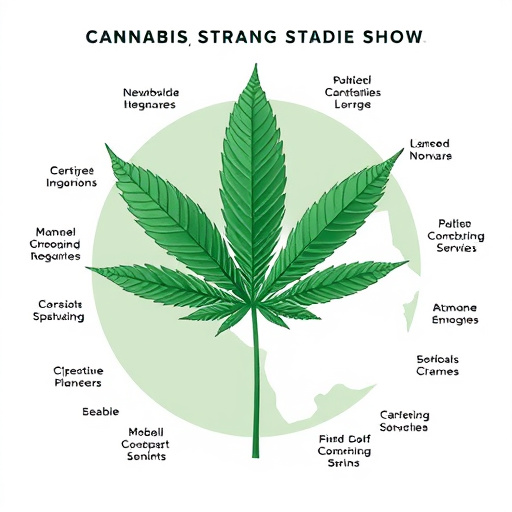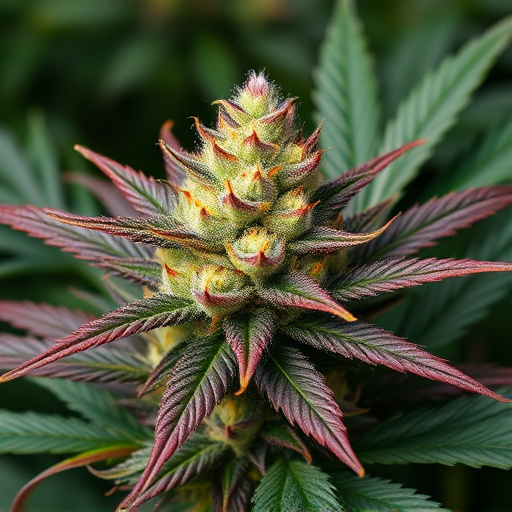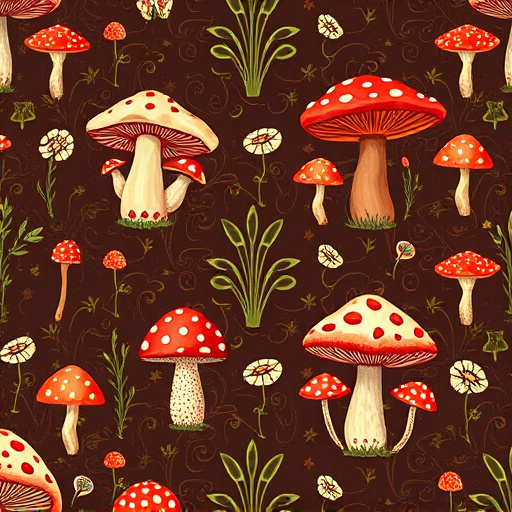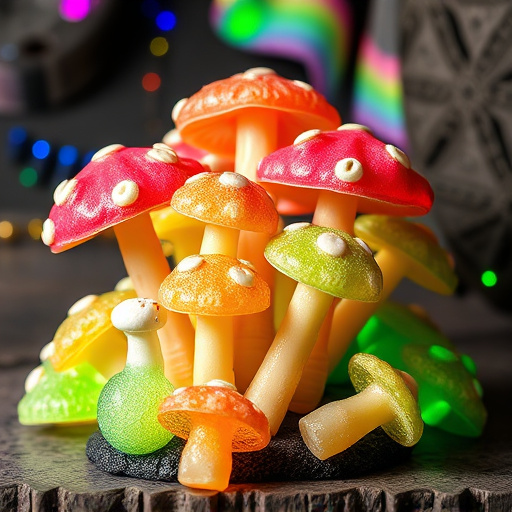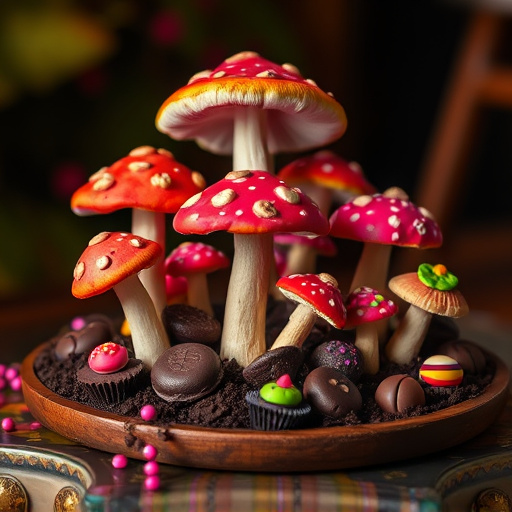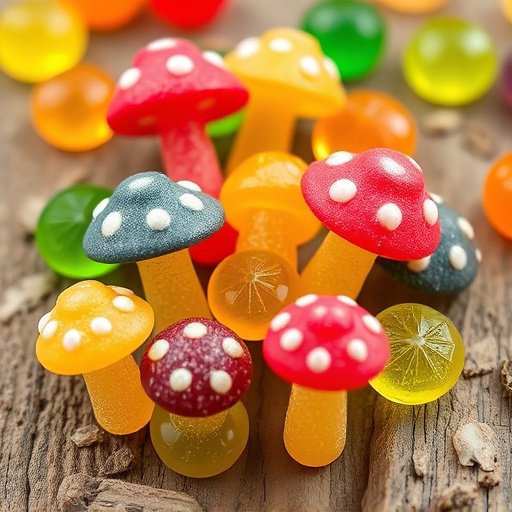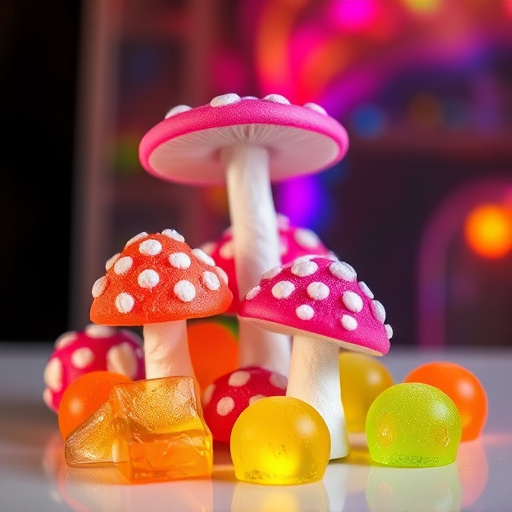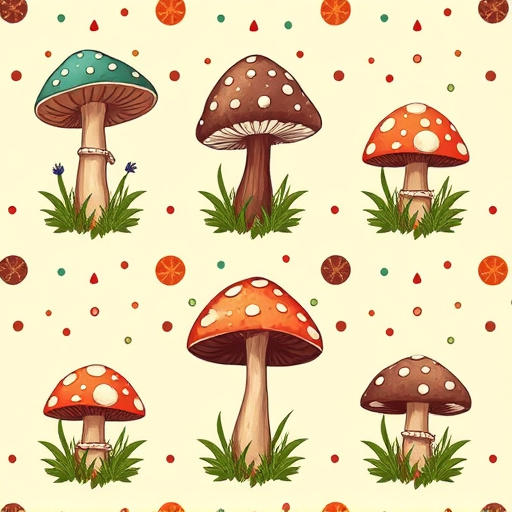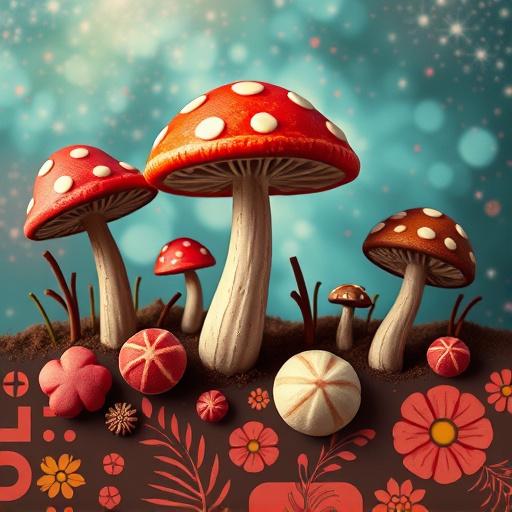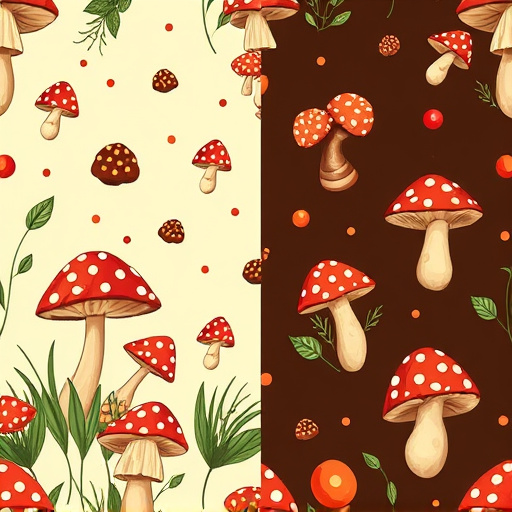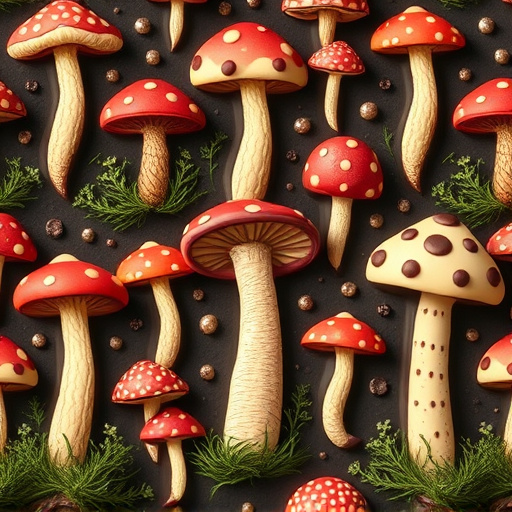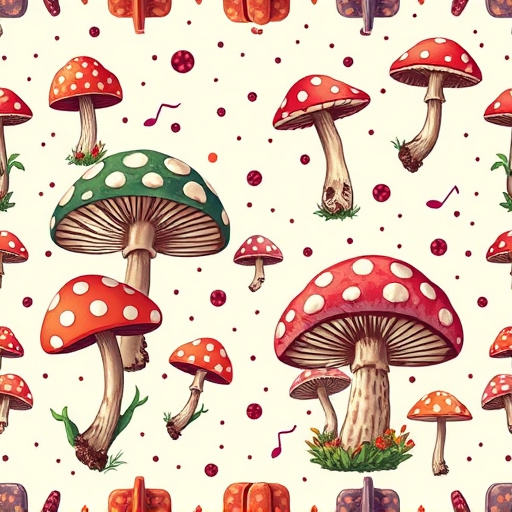Magic mushroom chocolates, enriched with psilocybin, harness brain plasticity by interacting with serotonin receptors. This interaction temporarily alters neural pathways, leading to enhanced cognitive flexibility, creativity, and emotional awareness. Beyond recreational use, these chocolates show therapeutic potential for mental health conditions like depression, anxiety, and PTSD, offering a unique approach to reshaping negative thought patterns through neuroplasticity.
“Unleash the mind-bending potential of Magic Mushroom Chocolates—a unique fusion of culinary delight and psychedelic exploration. This article delves into the intriguing world where chocolate meets psychadelia, offering a new perspective on pleasure and consciousness. We explore how these chocolates, infused with mushrooms’ powerful compounds, can alter perception and tap into brain plasticity. From heightened senses to potential therapeutic effects, discover the profound impacts that might surprise you. Get ready to unravel the mysteries behind Magic Mushroom Chocolates and brain plasticity.”
- Understanding Magic Mushroom Chocolates: A Unique Blend of Psychology and Pleasure
- The Role of Brain Plasticity in Mushroom-Induced Altered States
- Decoding the Effects: From Sensory Enhancement to Potential Therapeutic Benefits
Understanding Magic Mushroom Chocolates: A Unique Blend of Psychology and Pleasure
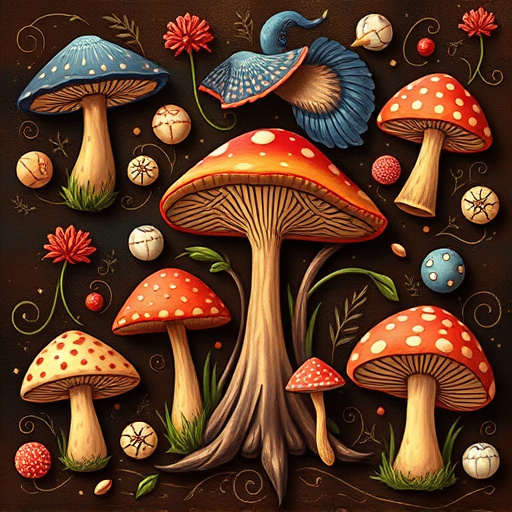
The Role of Brain Plasticity in Mushroom-Induced Altered States
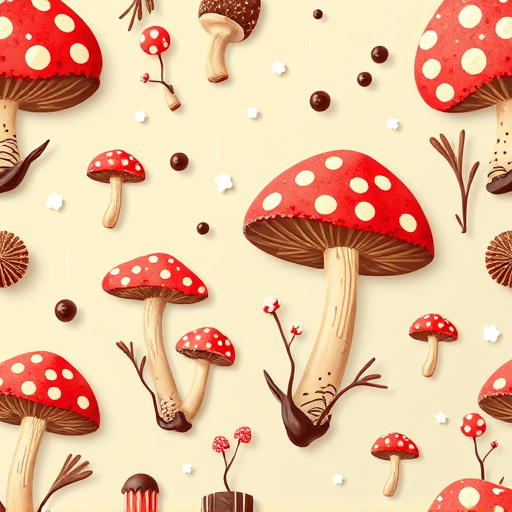
Magic mushroom chocolates, while offering a unique experience, have their effects deeply rooted in brain plasticity—the brain’s remarkable ability to change and adapt as a result of experiences. When consumed, psilocybin, the active compound found in magic mushrooms, binds to serotonin receptors in the brain, leading to altered states of consciousness. This interaction triggers a series of neuroplastic events that can significantly impact cognitive functions and emotional responses.
Brain plasticity allows for the reconfiguration of neural connections, resulting in changes to perception, thought patterns, and memory formation. The altered states induced by magic mushroom chocolates may promote increased creativity, enhanced problem-solving skills, and profound personal insights. Moreover, studies suggest that this neuroplasticity could contribute to long-lasting positive effects, including reduced anxiety, depression, and even potential therapeutic benefits for various mental health conditions.
Decoding the Effects: From Sensory Enhancement to Potential Therapeutic Benefits
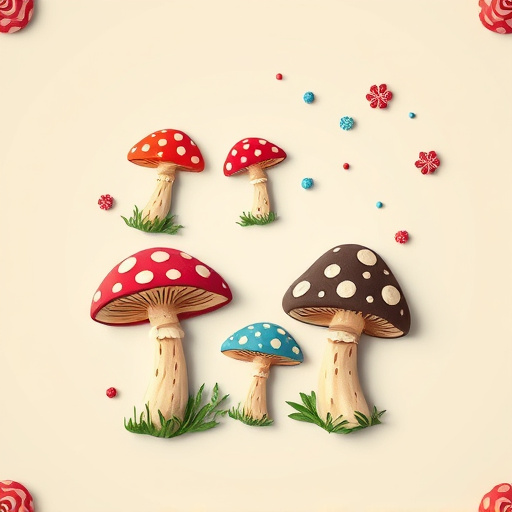
The effects of magic mushroom chocolates go beyond a simple sensory experience, delving into complex neurobiological interactions. These chocolate treats, infused with psychotropic compounds from psilocybin mushrooms, have been shown to enhance cognitive functions and promote brain plasticity. The human brain, particularly its neural networks, is dynamic and adaptable. When consumed, the psilocybin in magic mushroom chocolates interacts with specific serotonin receptors, primarily 5-HT2A, which play a crucial role in modulating mood, perception, and consciousness. This interaction can lead to profound changes in sensory perception, time distortion, and heightened emotional awareness.
Beyond the immediate experience, there is growing interest in the potential therapeutic applications of magic mushroom chocolates. Research suggests that psilocybin may facilitate neuroplasticity, the brain’s ability to form new neural connections and reorganize existing ones. This characteristic has significant implications for various mental health conditions, including depression, anxiety, and post-traumatic stress disorder (PTSD). By enhancing brain plasticity, magic mushroom chocolates could potentially help individuals rewire negative thought patterns and gain fresh perspectives on their challenges, offering a novel approach to holistic well-being and psychological resilience.
Magic mushroom chocolates, as a unique blend of psychology and pleasure, offer intriguing effects that go beyond sensory enhancement. Research into brain plasticity reveals these experiences could hold therapeutic potential, opening doors to new ways of managing mental health conditions. While more studies are needed, the current findings underscore the profound impact magic mushrooms can have on the mind, making them a fascinating area of exploration in today’s search for innovative treatments.
